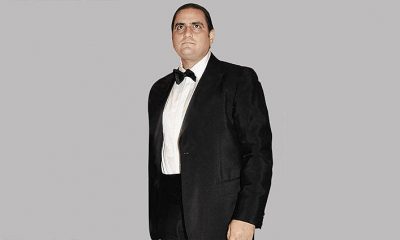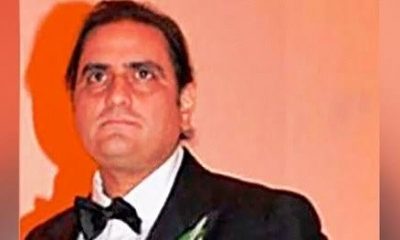News
Alex Saab Strengthens Moves To Regain Freedom, Petitions US Eleventh Circuit, Demands Recognition Of Diplomatic Immunity
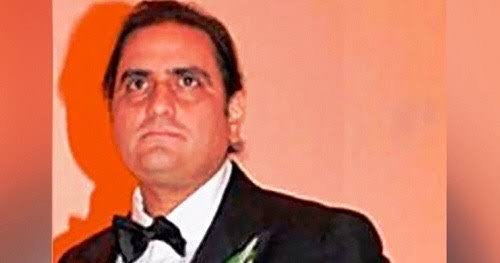
As part of the efforts to regain his freedom, the mbattled Venezuelan diplomat, Alex Saab, has petitioned the Eleventh Circuit in the United States, demanding the recognition of his diplomatic immunity and dismissal of the criminal charges against him.
Saab has been in detention following his arrest on the order of the immediate past US President, Donald Trump who later ordered his extradition to the US.
However, scores of human rights activists across the world have been agitating for his release.
A federal court in Miami had earlier named him a “fugitive” and ordered him to defend himself against the criminal charges against him in person.
However, in the petition, Saab urged the Eleventh Circuit to overturn the district court order and dismiss the indictment entirely, noting that centuries of international law showed he was immune from prosecution.
“The district court’s demand that Mr. Saab renounce cornerstone features of immunity, in defiance of the nation he serves, manifests disrespect for Mr. Saab’s diplomatic status, the nation of Venezuela and its sovereignty, and settled international norms,” his attorneys wrote in an opening brief.
Venezuela’s foreign minister appointed Saab as a special envoy in April 2018. But in July 2019, the U.S. Department of Justice charged him and fellow Colombian Special Business Envoy, Alvaro Pulido Vargas with using U.S. banks to launder funds for a bribery scheme.
U.S. prosecutors claimed that the pair, after securing a Venezuelan government contract to build low-income housing in the country, bribed officials to receive payment for false shipments of construction materials.
In connection to those charges, Saab was arrested and detained in Cape Verde based on the request of the Donald Trump led United States government during a stop over on his way to Iran, a move the Venezuelan government faulted with claims that the businessman is its special envoy on a humanitarian mission.
The Venezuelan government claimed that before his arrest, Saab had been on a mission to get food and medical supplies in Iran, stopping over in Cape Verde where he was arrested by security operatives.
The failure of Cape Verdean authorities to obey the ruling of the ECOWAS court by extraditing Saab to the US is not the first contempt for court order by the authorities since his detention last year.
Saab was denied access to any member of his defense team despite three court rulings granting him the right to do so.
That mission, Saab insists in his perition, entitles him to diplomatic immunity under the Vienna Convention, the international treaty shielding foreign diplomats from arrest or detention, and the Diplomatic Relations Act, the U.S.’s implementing statute. He also argued that customary international law further barred the case against him.
In the U.S., the Justice Department has rebuffed Saab’s claims of immunity, pointing out that the U.S. Department of State hadn’t accredited him as a foreign diplomat. Saab rebuked that stance as “troubling,” saying it was “dramatically at odds” with the U.S.’s international and domestic legal obligations.
David Rivkin, a partner at BakerHostetler and the lead attorney in Saab’s case, called the U.S.’s rationale absurd during a Wednesday call with Law360.
“In no instance has the U.S. ever tried to treat a foreign diplomat in this way”, Rivkin said.
The State Department does not and, practicably, cannot, maintain a registry of all the foreign diplomats in the world, he said.
“Doing so would violate the sovereign dignity of other countries,” Rivkin said. “If France wants to send someone to Berlin, you don’t ask the State Department for an approval — it’s absurd.”
U.S. District Judge Robert Scola Jr., the Miami federal judge overseeing Saab’s criminal case, deemed Saab a fugitive for failing to appear before the court. Saab has sought to shed his fugitive status, but was rebuffed in March. Saab had been aware of the charges against him for more than two years and has had “ample opportunity” to turn himself in to U.S. authorities; by refusing to do so, he had constructively fled arrest, Judge Scola said.
-
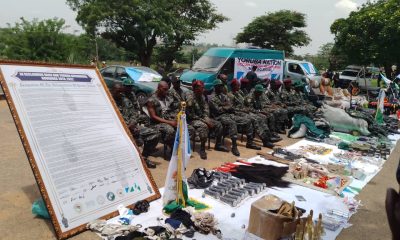
 News3 days ago
News3 days agoUpdated: Oyo Police Parade Arrested Yoruba Nation Agitators
-
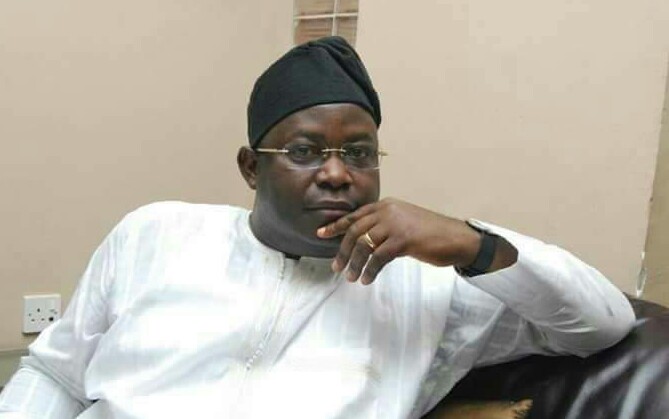
 News2 days ago
News2 days agoJust In: Adeleke Appoints Former Osun Commissioner For Finance, Bolorunduro Chairman Of Living Trust Mortgage Bank
-

 News4 days ago
News4 days ago‘21 Chibok Girls Return With 34 Kids; 48 Parents Die Of Trauma’
-
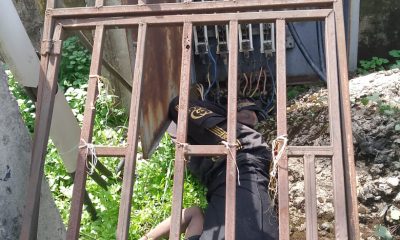
 News2 days ago
News2 days agoMan Electrocuted While Attempting To Steal Transformer Cables


